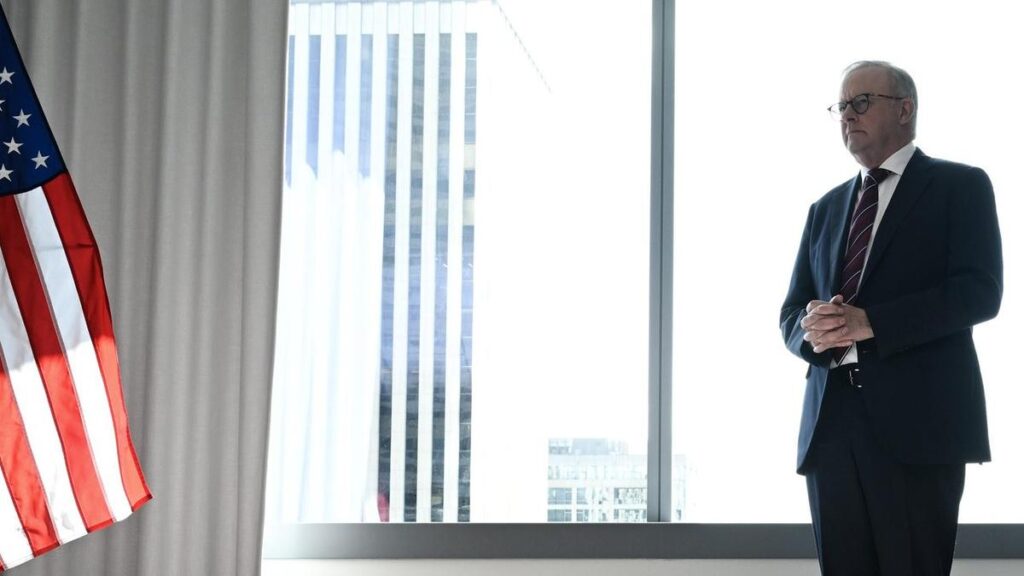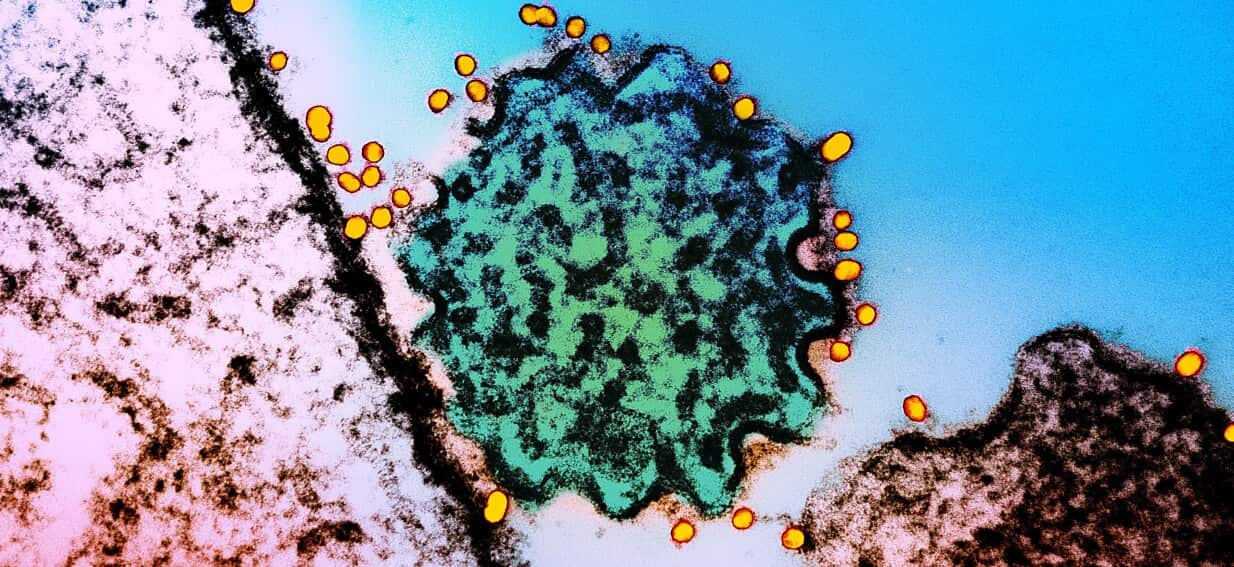
Prime Minister Anthony Albanese engaged in a phone conversation with US President Donald Trump that was described as both “warm” and “constructive.” The discussion, which took place on the evening of October 3, 2023, focused on crucial issues pertaining to trade and security between Australia and the United States. Although the leaders did not meet face-to-face, Albanese expressed optimism about an in-person meeting in the future when circumstances allow.
The call marked the first direct interaction between the Australian Prime Minister and the newly inaugurated US President since Trump assumed office again. Both leaders are keen to strengthen bilateral relations, particularly in light of global security challenges and economic cooperation.
Broader Diplomatic Engagements
In addition to his conversation with Trump, Albanese participated in discussions with other global leaders, including French President Emmanuel Macron, as part of the so-called “coalition of the willing” that is providing support to Ukraine amid ongoing conflict. This coalition aims to reinforce international unity and assistance in response to the geopolitical tensions in Eastern Europe.
Meanwhile, Albanese’s Foreign Minister Penny Wong and Deputy Prime Minister Richard Marles are actively engaged in diplomatic activities in Japan, where they are meeting with various leaders to discuss regional security and cooperation. These high-level engagements underline Australia’s commitment to fostering strong international alliances and addressing pressing global issues.
With the backdrop of these diplomatic efforts, the conversation between Albanese and Trump highlights the importance both nations place on maintaining a robust partnership in an increasingly complex global landscape. The Australian government remains focused on enhancing trade relations and security cooperation, key pillars that contribute to both nations’ strategic interests.
As these discussions unfold, the international community watches closely, eager to see how the renewed dialogue between Australia and the United States will shape future policy directions.






